Philips has recalled around 4 million breathing machines because users can breathe tiny particles of toxic cancer-causing foam. Philips said no one has died yet, but some users have reported suffering from headaches, airway irritation, coughing, chest pressure and sinus infections, according to the Medical Device Recall Notification. The problem is linked to a type of black foam known as Polyester-Based Polyurethane (PE-PUR), which can disintegrate into tiny particles or toxic gases that users breathe. Philips designed the breathing machines with this toxic foam inside the same tube that carries the air that a user breathes. On newer machines, Philips did not change this problematic design. Rather than sealing off the foam from the air a user breathes, the company simply switched out the type of foam in the tube.
Contact an Experienced CPAP Lawyer Today
If you or a loved one suffered lung or breathing problems or cancer of the lung, liver or kidneys, you may have a claim. We understand that you may not be familiar with the specific device use or defects associated with that device. Our attorneys have access to the resources needed to thoroughly investigate your situation to determine your potential rights.
For more information or to discuss your potential claim, contact CPAP lawyers Greg Webb by email or call 434-226-5550.
Health risks linked to the toxic foam include cancer, organ damage, liver and kidney failure, asthma, sinus infections, and more. About 80% of the recalled machines are Philips Bi-level Positive Airway Pressure (Bi-level PAP or BiPAP machines) or Continuous Positive Airway Pressure (CPAP machines), which are used to treat obstructive sleep apnea. The recall includes one of Philips’ most popular products for sleep apnea — the Philips DreamStation CPAP & Bi-Level Therapy System. The other 20% of the recalled breathing machines are mechanical ventilators, which help patients breathe during surgery or when they cannot breathe due to an illness.
All of the recalled machines contain “sound-abatement” foam that is supposed to reduce noise made by the machine. Over time, the foam in the machine can disintegrate into black particles that a user may breathe. Testing by Philips also discovered that the foam can “off-gas” toxic chemicals, releasing dangerous Volatile Organic Compounds (VOCs). The health risks of breathing bits of foam include “irritation to the skin, eye, and respiratory tract, inflammatory response, headache, asthma, and toxic or carcinogenic effects to organs, such as kidneys and liver,” according to the FDA recall notice.
The FDA also warned that health risks of breathing toxic gases from the foam include “headache; dizziness; irritation in the eyes, nose, respiratory tract, and skin; hypersensitivity; nausea/vomiting; and toxic and carcinogenic effects.” Philips said these risks increase when the foam is exposed to high heat or humidity, or unapproved cleaning methods, such as ozone. Unfortunately, many patients who rely on Philips’ recalled breathing machines have been left in the lurch. Philips is asking patients who are using recalled BiPAP and CPAP devices to stop using the deices and talk to a physician to “determine the most appropriate options for continued treatment,” unless the benefits of using the machine outweigh the risks. For patients who are using life-sustaining mechanical ventilators, Philips said it “recognizes that alternate ventilator options for therapy may not exist or may be severely limited.”
In the meantime, Philips said the company is “working hard towards a resolution,” which will include “a comprehensive repair and replacement program for the affected devices.” The recall involves the following CPAP and BiPAP machines:
Continuous Ventilator, Minimum Ventilatory Support, Facility Use:
- E30 (Emergency Use Authorization)
Continuous Ventilator, Non-life Supporting:
- DreamStation ASV
- DreamStation ST, AVAPS
- SystemOne ASV4
- OmniLab Advanced Plus In-Lab Titration Device
Non-continuous Ventilator:
- SystemOne (Q series)
- DreamStation CPAP, Auto CPAP, BiPAP
- DreamStation GO APAP, APAP
- Dorma 400, 500 CPAP
- REMStar SE Auto CPAP
Philips also recalled the following mechanical ventilators:
Continuous Ventilator:
- Trilogy 100 Ventilator
- Trilogy 200 Ventilator
- Garbin Plus, Aeris, LifeVent Ventilator
Continuous Ventilator, Minimum Ventilatory Support, Facility Use:
- A-Series BiPAP Hybrid A30 (not marketed in US)
- A-Series BiPAP V30 Auto Ventilator
Continuous Ventilator, Non-life Supporting:
- A-Series BiPAP A40 (not marketed in US)
